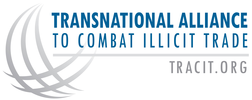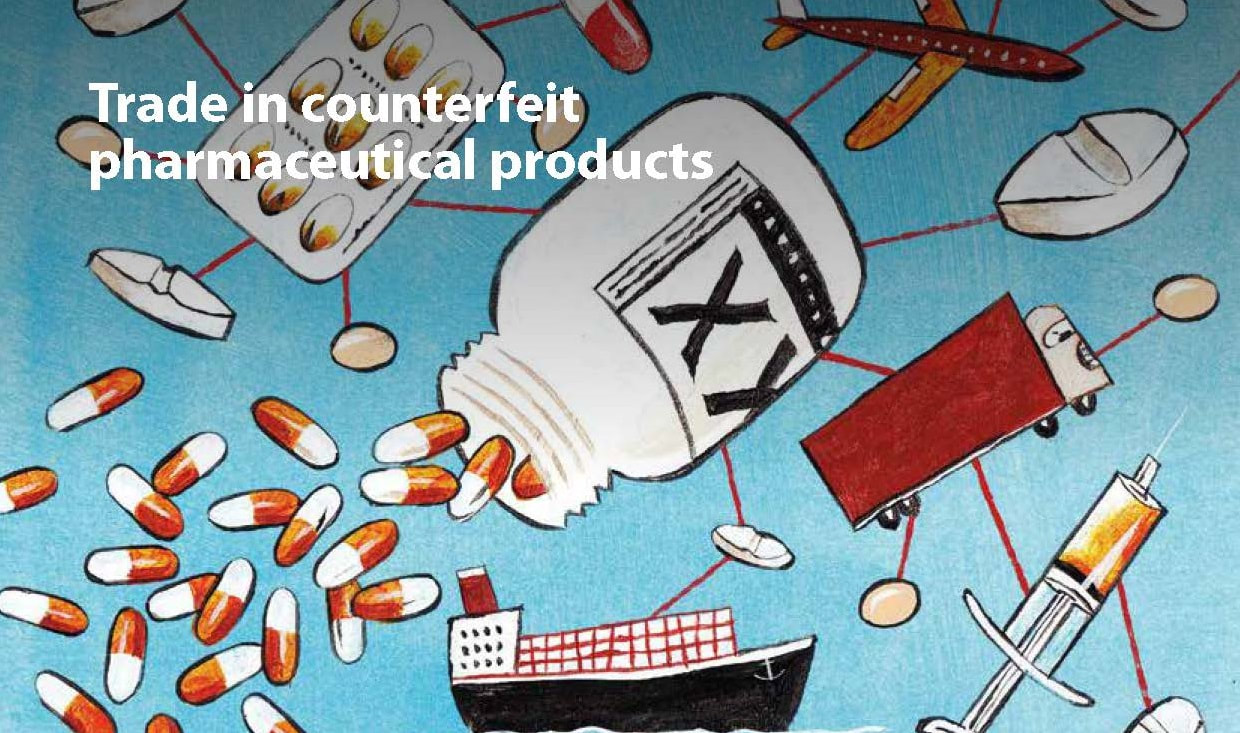|
I’d like to draw your attention to a new study on Illicit Trade in Fake Pharmaceuticals. It was published today by the OECD Task Force on Countering Illicit Trade (TF-CIT) and the European Union Intellectual Property Office (EUIPO). It shows that international trade in counterfeit pharmaceuticals reached USD 4.4 billion, representing 2.2 % of trade in pharmaceuticals. The report arrives at a particularly disquieting, yet very relevant time. In the midst of people taking extreme steps to stay safe from the Covid-19 virus, we are being exposed to waves of counterfeit and falsified Covid-19 masks, hydro alcoholic gels, testing kits and possible treatments.
This is an upsetting example of the extreme steps counterfeiters will take to profit from the misfortune of others. And it is an urgent reminder that governments must step up enforcement against illicit pharmaceuticals. The OECD and EUIPO report certainly presents a compelling imperative to protect patients, healthcare systems and the wider society from the negative impacts of ingesting substandard, falsified, unregistered and unlicensed medical products. With this body of work, policymakers now understand the nature and scale, the size and scope, the shock and horror of illicit trade. But is OECD willing to follow up by evidencing a strong international policy framework that will provide meaningful tools to governments—inside and outside OECD—to help them clamp down on illicit trade in pharmaceuticals? TRACIT thinks that it is incumbent on the OECD Task Force to Counter Illicit Trade to identify, analyze and disseminate effective policy and good practices to assist OECD member states to better regulate illicit trade in pharmaceuticals. This is fully consistent with the organization’s mandate to design and promote good practices in public policies, to identify the governance gaps that facilitate illicit trade, and to reduce and deter illicit trafficking and smuggling. The OECD’s quantitative studies are extremely useful, but now is the time for OECD to demonstrate the policy leadership that it’s renowned for. Whether it’s the horror of falsified anti-malaria medicines or today’s fake, governments inside and outside OECD are hungry for effective public policies, and the task force has an important opportunity to fill this gap by mapping the best of the best and helping us close governance gaps that foster illicit trade. Jeffrey Hardy Director-General, TRACIT Comments are closed.
|
About tracit talking pointsTRACIT Talking Points is a channel we’ve opened to comment on current trends and critical issues. This blog showcases articles from our staff and leadership, along with feature stories from our partners in the private sector and thought-leaders from government and civil society. Our aim is to deepen the dialogue on emerging policy issues and enforcement measures that can be deployed against illicit trade.
Categories
All
Archives
February 2024
|
|
Transnational Alliance to Combat Illicit Trade (TRACIT) is an independent, non-governmental, not-for-profit organisation under US tax code 501(c)(6).
© COPYRIGHT 2024. ALL RIGHTS RESERVED. |
Follow us
|

